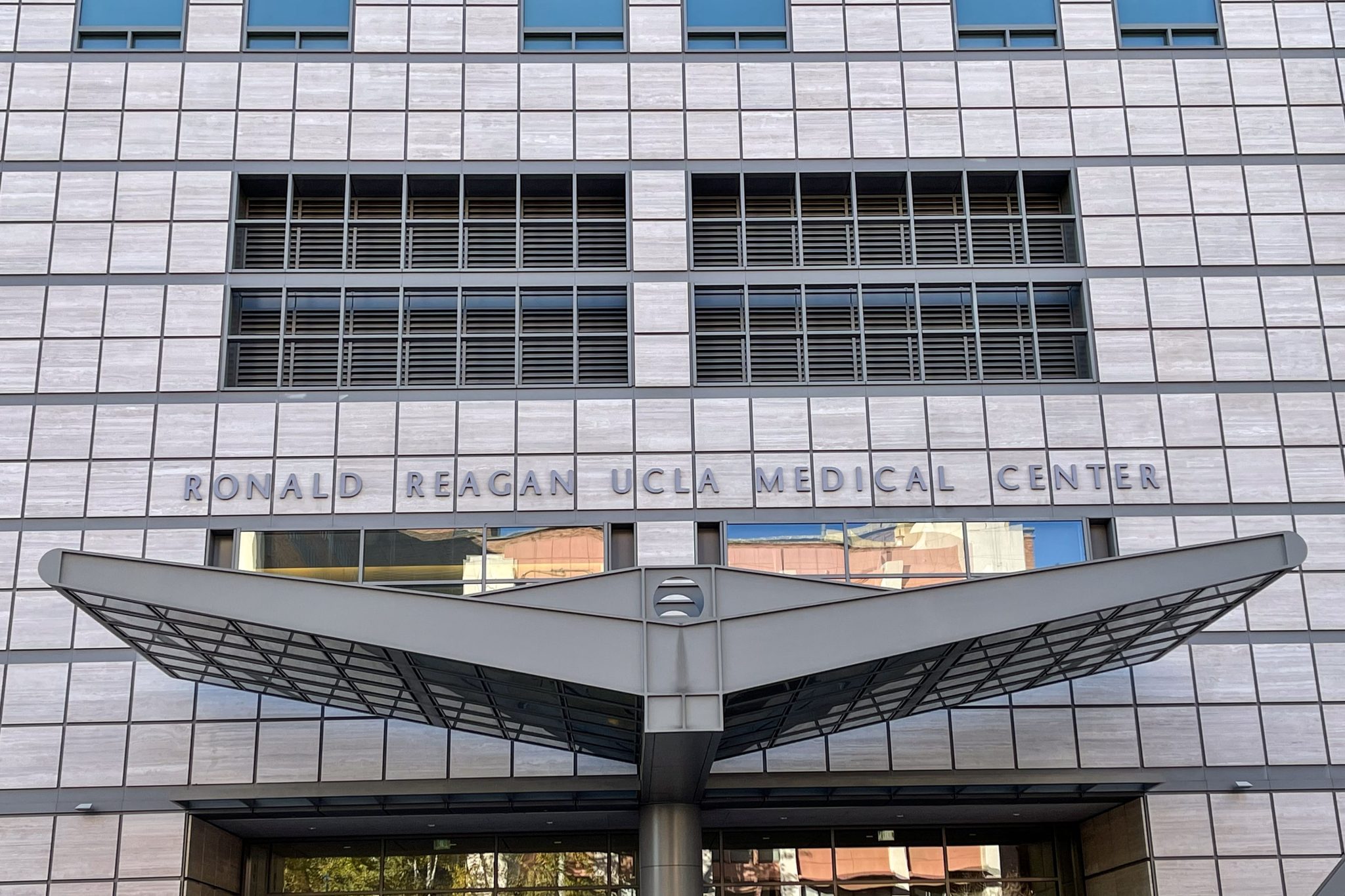In August, an 80-year-old woman faced a life-threatening stroke at Ronald Reagan UCLA Medical Center. She was aware of her predicament but hesitated when doctors needed her permission to remove the clot responsible for her condition. Her concerns stemmed from news of a federal freeze on research grants affecting UCLA, which left her wondering if participating in the clinical trial for her treatment might jeopardize her care.
Jeffrey Saver, a neurologist and experienced stroke researcher, highlighted the pressure patients like her endure during critical moments. “To then have to worry about what’s happening with the funding from the federal government is a needless increase in the stress patients are going through,” Saver explained.
As tensions mount between the Trump administration and major universities—allegations of antisemitism and bias have surfaced—researchers have found themselves caught in the crossfire. Prominent scientists, dedicated to developing treatments for serious conditions like lung cancer, brain tumors, and Alzheimer’s disease, argue that funding for research should remain free from political turmoil. They warn that patients, awaiting potentially lifesaving treatments, are the ones who stand to lose the most. “I would have thought that stroke and Alzheimer’s disease and all these conditions affect Democrats and Republicans alike and would be supported by everyone,” Saver noted, emphasizing the bipartisan nature of health challenges.
In July, the National Institutes of Health (NIH), the National Science Foundation, and the Department of Energy suspended $584 million in medical and scientific research grants to UCLA. This move followed a directive from the Justice Department, citing violations of civil rights related to pro-Palestinian protests at the university. In response, the Trump administration proposed a settlement package that included a massive $1.2 billion fine against UCLA and required significant reforms in campus policies regarding admissions, hiring, and gender-affirming healthcare to restore funding.
Federal grants play an indispensable role in funding research that private companies might overlook due to lack of profit incentives. Saver pointed out that transformative treatments discovered within the last 15 years have drastically improved stroke care. To sustain eight essential clinical trials amid the funding freeze, he and colleagues were forced to seek external funding sources and accept salary reductions.
In the emergency room, despite the funding concerns, doctors assured the stroke patient that her treatment would proceed. They tapped into private donations to cover her procedure, allowing her to enroll in the study and receive care.
California Governor Gavin Newsom has taken a strong stance against Trump’s demands, comparing them to extortion. Newsom threatened to withdraw state funding from any California university that decides to comply with the federal government’s new compact, which prioritizes research funds based on compliance with specific policies regarding gender and admissions. “California will not bankroll schools that sell out their students, professors, researchers, and surrender academic freedom,” he declared.
In September, a significant court ruling allowed frozen NIH grants in California to resume, with U.S. District Judge Rita Lin including UCLA researchers in a case initiated by researchers from UC-Berkeley and UC-San Francisco. This lawsuit followed the drastic funding cuts faced by multiple UC campuses.
While some private institutions, like Columbia University and Brown University, regained their funding by paying fines and altering their policies, the fate of UCLA’s funding is still uncertain. Researchers fear that the court’s ruling may only provide temporary relief. Despite the restoration, further legal challenges loom, especially with the Trump administration indicating intentions to appeal decisions that favor institutions like Harvard, which had $2.6 billion in grants rescinded.
“We haven’t seen everything play out yet. Lots of scientists and researchers and people who run labs are circumspect, knowing that the near future could be a bit bumpy,” noted Jessica Levinson, a constitutional law professor.
Critics of the administration’s actions include officials at the U.S. Department of Health and Human Services, who have not responded to inquiries about the potential negative impacts of grant freezes on research initiatives. In defense of their position, HHS spokesperson Andrew Nixon remarked, “we will not fund institutions that promote antisemitism. We will use every tool we have to ensure institutions follow the law.”
Researchers like David Shackelford, who is investigating innovative ways to combat therapy-resistant lung cancer, expressed frustration over the politicization of their work. Shackelford stated, “I’m not used to my science being politicized. It’s cancer. We should never even be having this discussion.” With the focus on ongoing court battles, California lawmakers are now considering a $23 billion bond for the next year to secure state funding for cancer and stroke research, but such state funding cannot replace the substantial federal grants that typically support biomedical research.
UC President James Milliken warned that federal funding cuts could have significant repercussions across California’s economy. While other universities have taken legal action against the Trump administration, UC leaders have opted for dialogue, hoping to negotiate a resolution with the Justice Department through constructive discussions.
In the midst of these uncertainties, Brenda L., a UCLA patient, shared her personal battle with stage 4 lung cancer, diagnosed at age 70. After 18 months on Tagrisso, her condition worsened, leading her to join a clinical trial which has successfully halted her cancer progression. “I’m the lucky one,” she reflected on her experience, urging that other patients should also have the opportunity to benefit from clinical trials, free from the burden of funding disputes.






